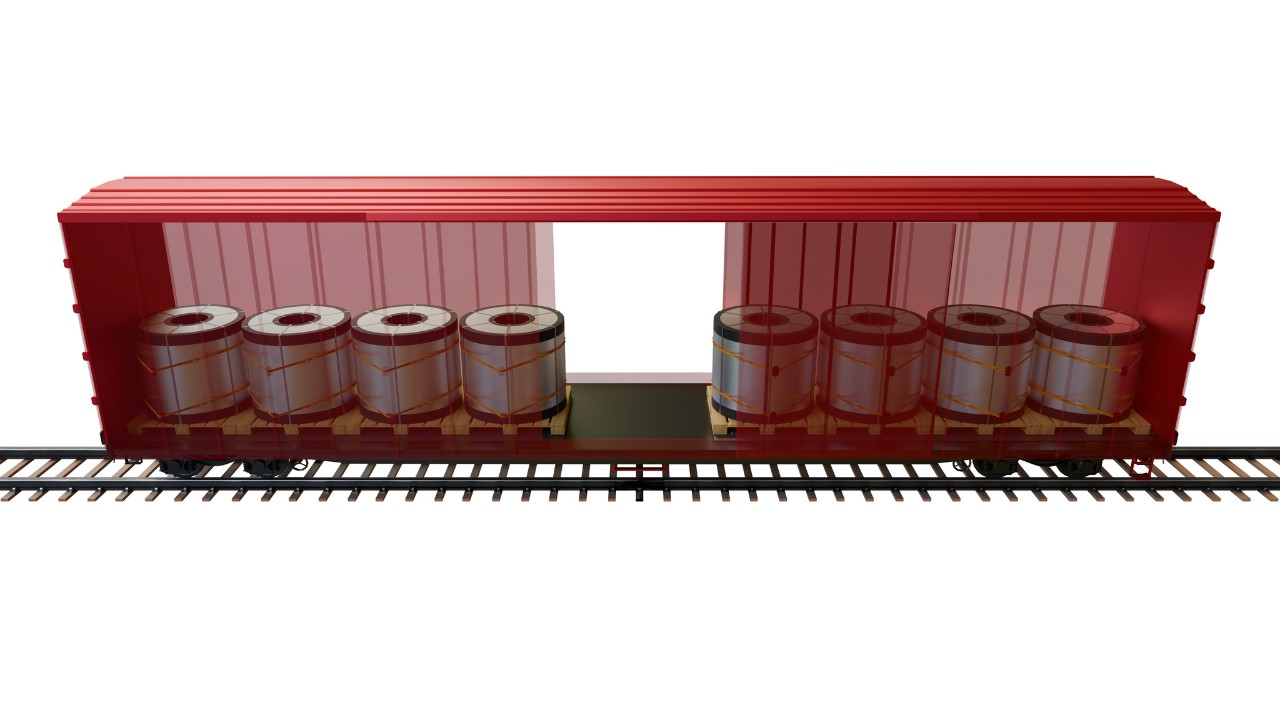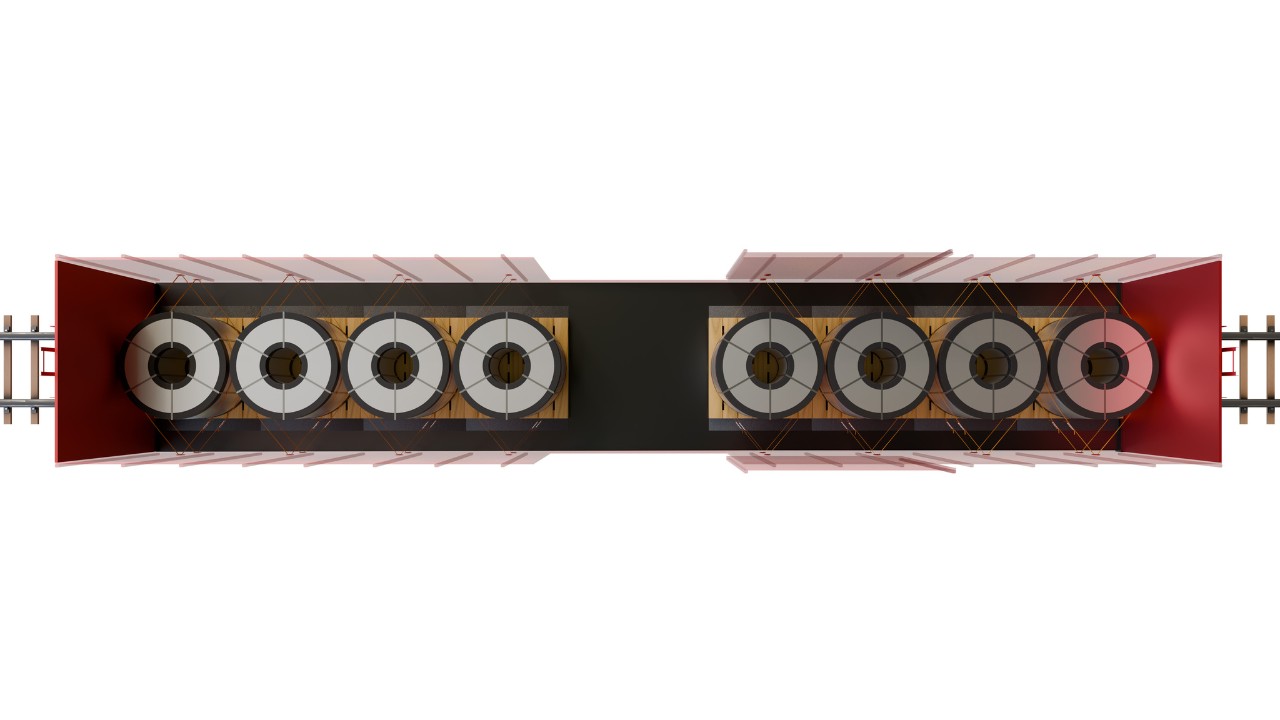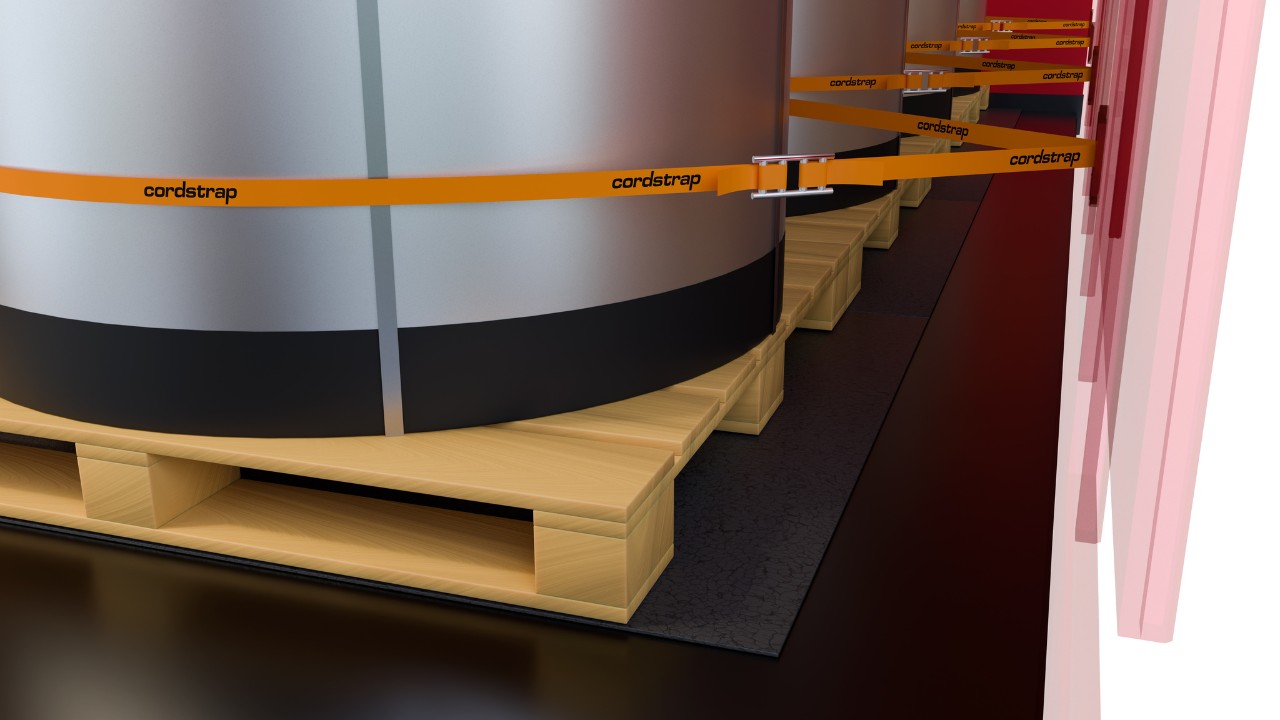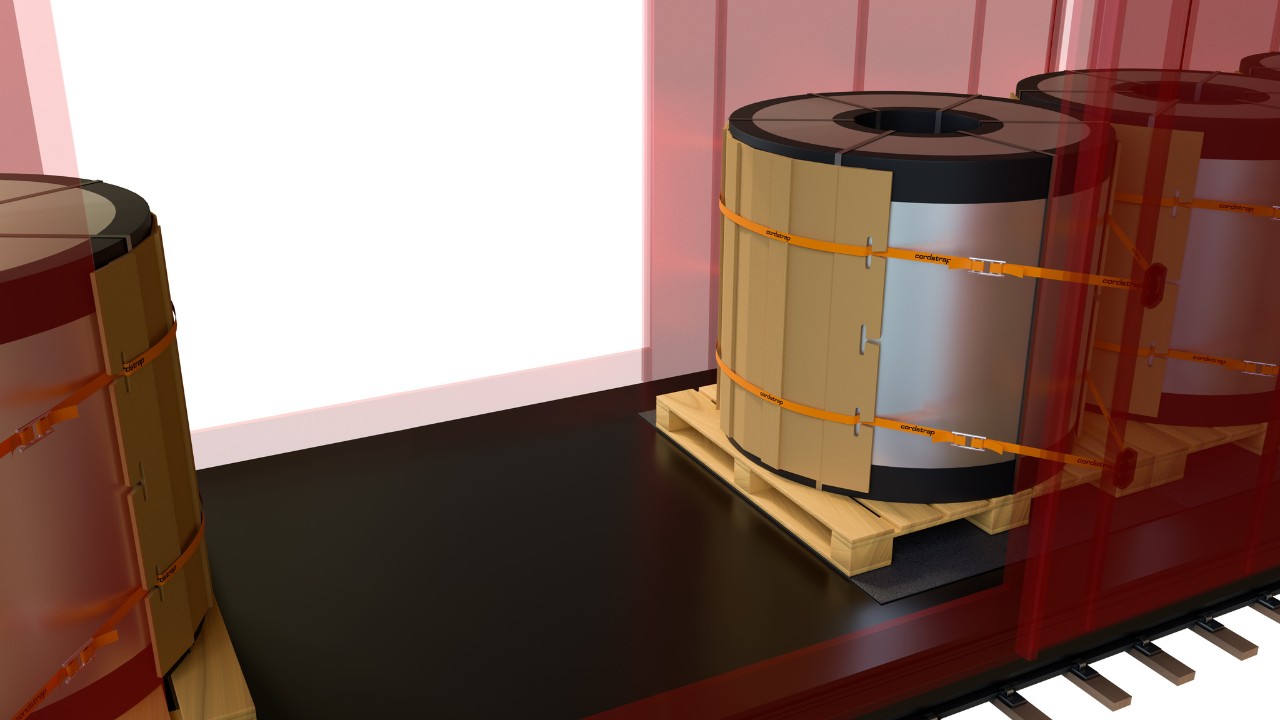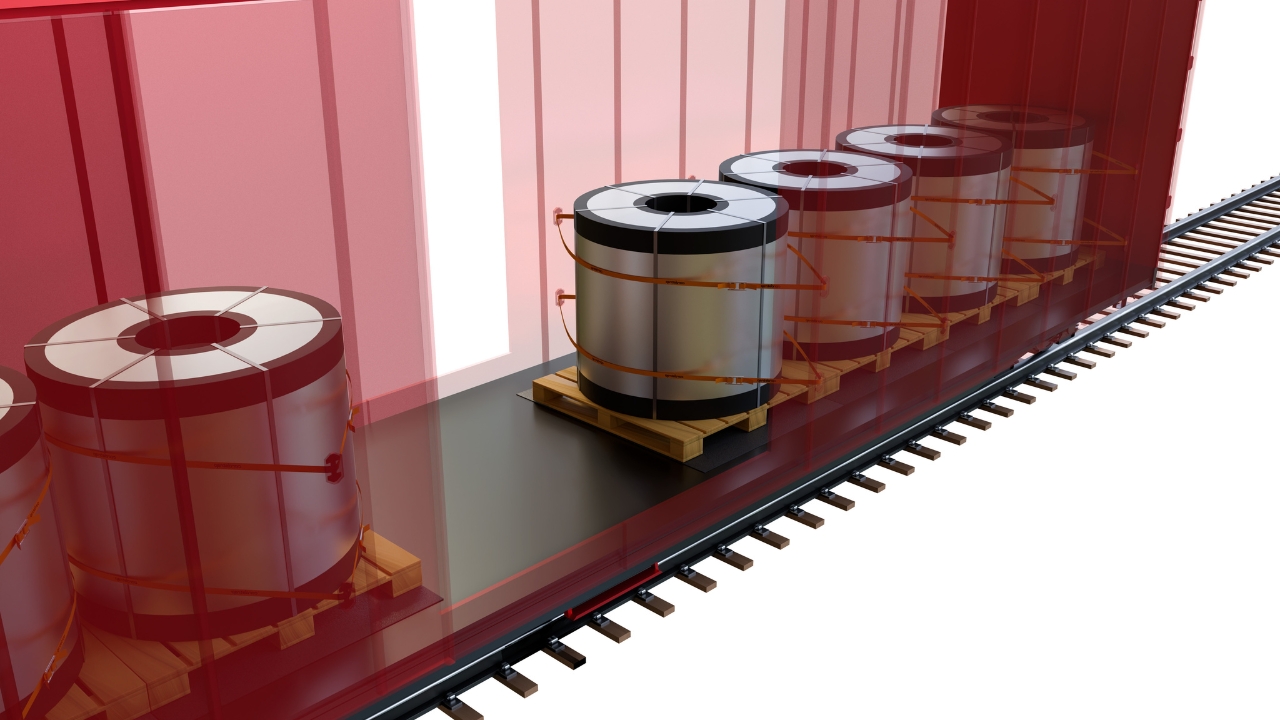
Non-Metallic Strapping
Cordlash 200 & Cordlash 750
AAR-verified systems for safer, lighter closed car coil securement.
- Delivers web-assembly integrity at lower weight
- One-way design removes hardware-reuse risk
- Higher, consistent tension via battery tensioners


